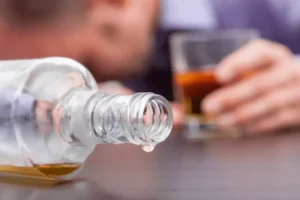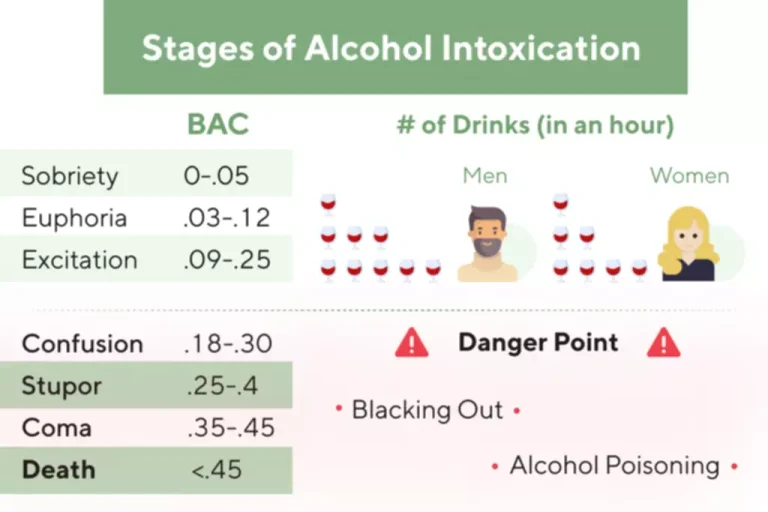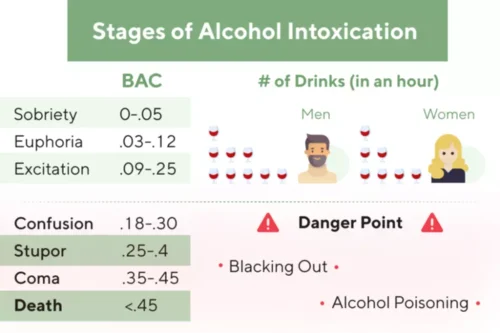What Binge Drinking Does to the Brain, and the Gut

Drinking alcohol three days in a row is not good for you, but it’s not necessarily considered binge drinking either. Whether it’s considered binge drinking will depend on how much alcohol you consume each day and over a week or month. So while naltrexone may be employed during treatment, it’s important to consult with a healthcare provider and/or addiction specialist to determine the best form of treatment for your unique needs. Adults under 35 are more likely to do this than other age groups, and men are twice as likely as women. People who make more than $75,000 a year and are more educated are most likely to binge drink.
The Connection Between Binge Drinking and Alcoholism
The CDC defines a binge-drinking episode as at least four drinks for women or five drinks for men within a two-hour period. This is enough to raise your blood alcohol level to .08, which would result in impaired driving. Binge drinking is when someone drinks a large quantity of alcohol in a short amount of time. Many experts define it as drinking enough alcohol during a 2-hour period to bring the BAC to 0.08%. Generally, this is around four drinks for women and five drinks for men. But bodies absorb alcohol differently depending on factors including body type and age.
What is the Difference Between Binge Drinking and Alcohol Use Disorder?
- That should cheer moderate drinkers and encourage the rest of us to drink less.
- Alcohol lowers inhibitions and, in the moment, makes you feel more relaxed.
- Binge drinking has many effects on your body, both over the short and long term.
- In some cases, the people around you might continue to pressure you to drink.
BetterHelp is an online therapy service that matches you to licensed, accredited therapists who can help with depression, anxiety, relationships, and more. Take the assessment and get matched with a therapist in as little as 48 hours. You might arrive at a friend’s party in an upbeat and energized mood, but by the end of the night, you’re feeling sick and regretting your decisions. You might wonder why you always seem to make the same mistakes. Memory loss or fragmented memories of the previous night might leave you feeling uneasy or worried about your health. Contact us today to find out which program might be right for you, or to begin the process of arranging for treatment.
Lifestyle Quizzes

Binge drinking is when you drink enough alcohol to bring your blood-alcohol content up to the legal limit for driving. That works out to about five alcoholic drinks for men or four for women in less than 2 hours. A drink is 12 ounces of beer, 5 ounces of wine, or 1.5 ounces of liquor. Excessive drinking is also bad for the cardiovascular system, leading to increased risk of heart attack, high blood pressure, and irregular heartbeat. Or by depressing the gag reflex, which puts a person who has passed out at risk of choking on their own vomit.

It is characterized by episodes of excessive drinking followed by periods of abstinence. binge drinking effects Binge drinking is often seen as a risky behavior and can have immediate physical and social consequences, even if it does not meet the criteria for AUD. However, even if you’re drinking less than this in one session, if your binge drinking is having unwanted consequences in your life, it may be time to reassess your drinking habits. Binge drinking is not the same thing as alcohol use disorder. Most people who binge drink are not addicted to or dependent on alcohol.
How to tell if you’re binge drinking
They can provide guidance, support, and evidence-based interventions to help you overcome binge drinking and develop healthier habits. If you find it difficult to control your drinking or believe you may have an alcohol use disorder, consider seeking professional help. Reach out to a healthcare professional, therapist, or support group specializing in alcohol addiction. Reach out to trusted friends or family members if you’re struggling with binge drinking.
How to avoid the risks of binge drinking

Binge drinking refers to consuming a large amount of alcohol in a short period, resulting in a blood alcohol concentration (BAC) of 0.08% or higher. This is typically defined as consuming five or more alcoholic drinks for males and four or more drinks for females within about two hours according to the (NIAA). Studies show that binge drinking can affect your working memory, which is your ability to store short-term information and keep track of what you’re doing. Drinking in excess can also lead to alcohol-induced “blackouts.” This is when your brain fails to move information from short-term to long-term storage, resulting in fragmented memories or difficulty recalling events. Binge drinking is excessive alcohol consumption on one occasion. The definition of binge drinking, according to the National Institute on Alcohol and Alcoholism (NIAA), is “alcohol consumption that brings the BAC to 0.08 g/dL.”
